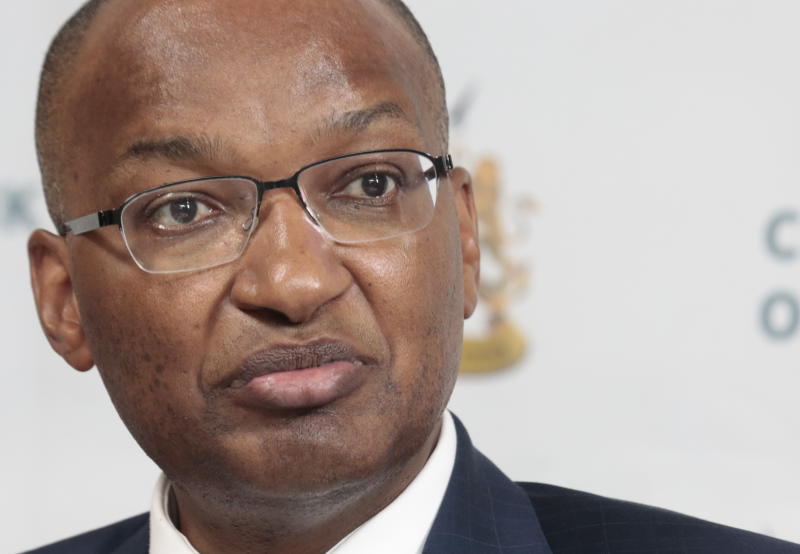×
The Standard e-Paper
Home To Bold Columnists

NAIROBI, KENYA: Central bank governor on Thursday dismissed the market’s concerns about the impact of graft charges against the finance minister and attributed this week’s fall in the currency to seasonal demand for dollars.
The shilling has lost 0.8 per cent since the charges against Henry Rotich were announced on Monday, to trade at 104.05 per dollar on Thursday, as traders fretted about a power vacuum at the finance ministry.